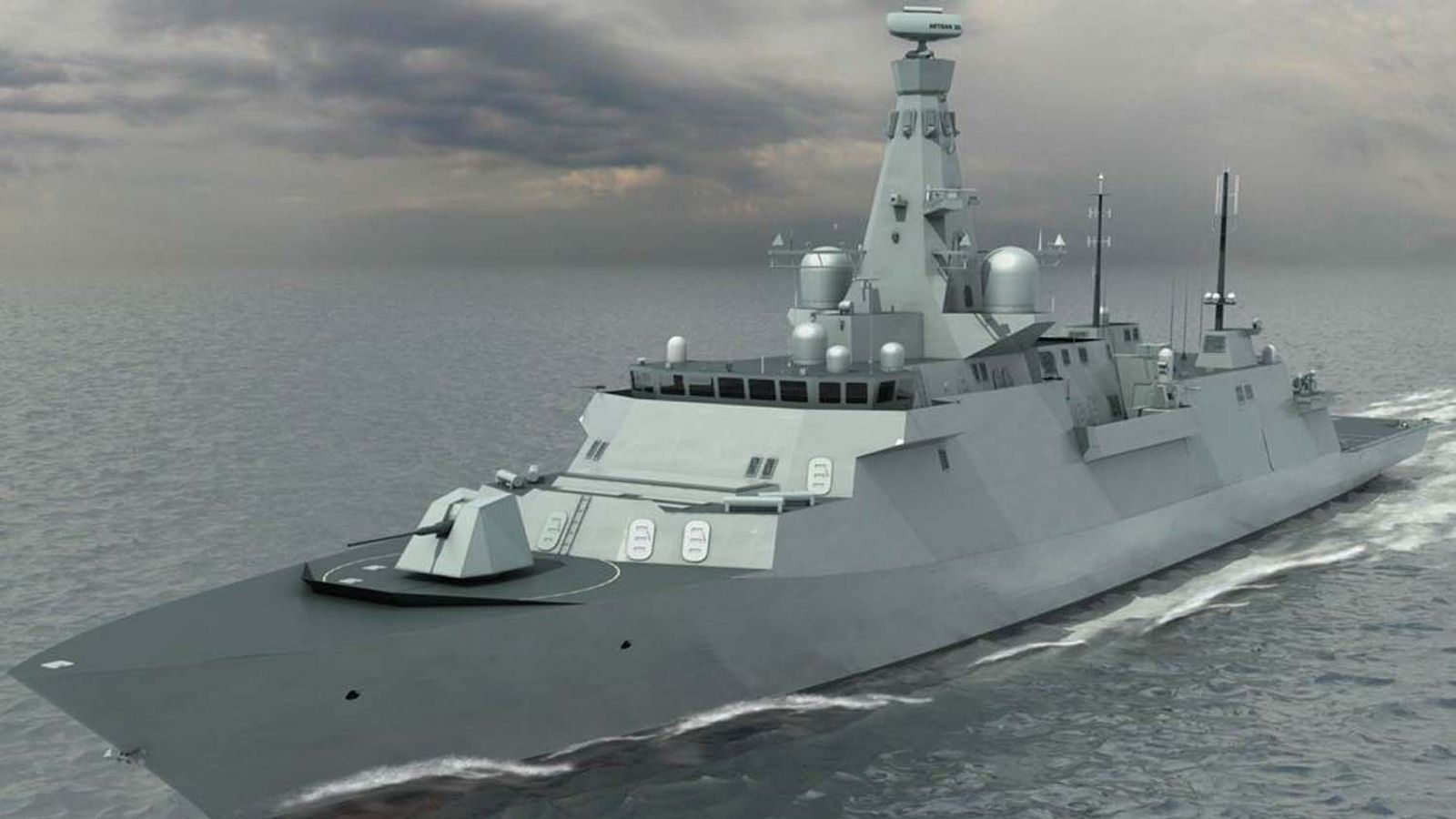UK’s ability to arm itself ‘is broken’ amid increasing security threats, MPs warn


The Ministry of Defence must admit its ability to arm the military is broken and urgently needs fixing at a time of growing security threats, a group of MPs has warned.
The damning verdict emerged as Ben Wallace, who has overseen the department for the past four years as the longest-serving Conservative defence secretary, revealed in an interview with the Sunday Times that he would leave government in the autumn.
“In short, it is broke – and it’s time to fix it,” a sub-committee of parliament’s defence select committee said in a report published on Sunday following a six-month inquiry into defence procurement.
The MPs said they had “discovered a UK procurement system which is highly bureaucratic, overly stratified, far too ponderous, with an inconsistent approach to safety, very poor accountability and a culture which appears institutionally averse to individual responsibility”.
Mark Francois, a Conservative MP and former defence minister who led the work, said: “This is a dysfunctional system that has left multiple programmes floundering in its wake. This urgently needs to change.”
The criticisms are not new – multiple reports over decades have raised alarm bells about the latest iteration of what is called Defence, Equipment and Support (DE&S), the branch of MoD tasked with buying everything from warships to boots.
The MPs, who heard evidence from multiple expert witnesses, listed various of the latest procurement debacles – each one sharing the same old characteristics of either running late, suffering from increased costs or seeing the contract meddled with before it has even been delivered – or a combination of these features.
Please use Chrome browser for a more accessible video player
0:35
Ukraine in NATO will make world ‘vulnerable’, says Putin
However, this latest document was drawn up against the backdrop of Russia’s war in Ukraine, with the very real potential for escalation into a full-blown conflict involving the UK and its NATO allies.
Advertisement
“For the first time since the end of the Cold War, we have to face the prospect that we could become involved in a peer conflict with Russia, with little further strategic warning or opportunity to scale up our industrial, as well as military capabilities,” the MPs said.
“In this new, more challenging environment we need a defence procurement system which can not only equip our Armed Forces to fight and to win, but also sustain them over time, should any such conflict become protracted (as in Ukraine).”
Click to subscribe to the Sky News Daily wherever you get your podcasts
The programmes comprised the Royal Navy’s Type 26 frigate, the Royal Air force’s E-7 Wedgetail surveillance aircraft and the Army’s Ajax armoured fighting vehicle.
Read more:
Why Ben Wallace’s days were numbered?
Johnson calls for NATO timetable for Ukraine to join alliance
Military procurement failures hindered UK’s ability to secure tanks, review finds
“The Ministry of Defence must finally admit, once and for all, that there is a real problem across UK defence procurement: the current system is indeed broken and multiple, successive reviews have not yet fixed it. With a major war now under way in Ukraine, now is the time to act,” the MPs said.
Their report made 22 recommendations to fix the problem, including the need for the MoD to adopt a sense of urgency that has in the past enabled speedy, successful procurements in a crisis to become the norm.
It said the MoD needed a system that “places a much greater value on time, promotes a sense of urgency rather than institutional lethargy, and prevents endless ‘requirements creep’ by our own military”.
The Ministry of Defence denied the allegations.
A spokesperson said: “Defence procurement is not broken. There is no evidence to suggest poor oversight on the Type 26 programme, and through decisions on E-7 we have made savings of £720m.
“We are delivering next generation capabilities on programmes across the defence portfolio, including Ajax which is now delivering vehicles for the British Army.
“With an uplift of £5bn over the next two years to improve readiness and resilience, we continue to ensure we deliver world-leading equipment and provide our people with the capabilities our armed forces need.”